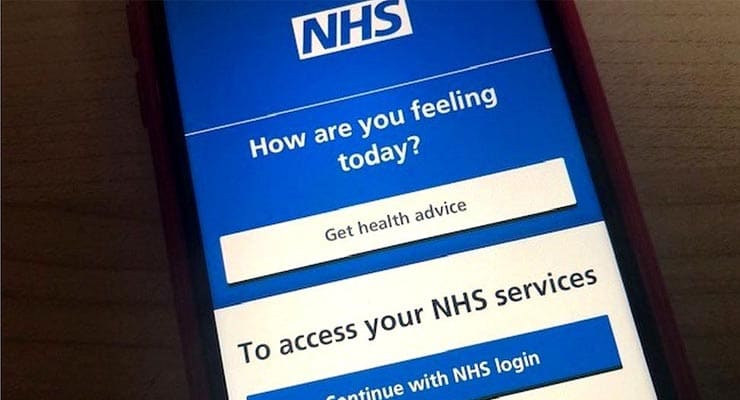Watch out for phishing emails offering NHS COVID-19 Digital Passports
Scammers are attempting to lure UK residents to spoof phishing websites by claiming they can apply for an NHS Digital Passport to prove they have been vaccinated against COVID-19.
Scam emails and text messages claim that the digital passport is necessary to travel to different countries without having to self-isolate. The recipient is urged to click a link to apply for the digital passport.
An example of such an email is below.

Dear Sir/Madam
Starting today you can apply for a Digital Passport.
The Coronavirus Digital Passport is documentation proving that you have been vaccinated against COVID-19 or you recently recovered from COVID-19. The passport will allow you to travel safely and freely around the world without having to self-isolate.
Who is eligible?
UK citizens and their families, and legal residents.
How do I get the certificate?
You can get your Digital Passport via NHS portal by clicking the button below:
However these emails are scams designed to lure recipients to spoof phishing websites that appear to look like the NHS website but are actually operated by crooks. Such websites will ask the visitor to enter their personal information. Many variants of these scams also claim there is a small charge associated with getting the Digital Passport and request financial information from the visitor.
All of this information entered into these spoof websites is sent to the cyber-crooks who can use it to commit identity theft, access the victim’s bank accounts or try and use the information of the victim to execute more targeted phishing scams.
Sponsored Content. Continued below...
Some tips to avoid phishing scams...
- Avoid clicking on links in emails and text messages. - Always try and go to a website directly by opening your Internet browser and typing in the web address.
- Spelling! - Check emails or webpages they link to for spelling and grammar mistakes.
- Check the URL - If you do click a link in an email or text, always check the web address (URL) at the top of the website to see if you’re on the website you should be on.
- Asking for too much information - If you feel like a website is asking you for too much information, then stop.
- Ask a friend - If something feels wrong or suspicious, stop – think – ask a friend. If you don’t know any tech savvy people, you can always send us a message or contact an entity that provides assistance with cybercrime.
- Use good security software - Reliable antivirus software will include anti-phishing features that can potentially spot and block phishing websites before you enter information into them. Our recommendation is here.
Sponsored Content. Continued below...
While UK residents can get a “passport” (of sorts) to prove they have been vaccinated, they can do so by downloading the free NHS app. If UK residents need to prove that they have received both doses of the COVID-19 vaccine they can do so via registering with the free NHS app to show their vaccination status or request paperwork from the NHS. Doing so is free and there is no charge.
Additionally, the claim in the message that proof of vaccination (i.e. a digital passport) is needed for UK residents to travel abroad is also mostly false. At the time of writing most countries do not accept proof of vaccination and still require additional rules to be followed, which often includes a pre-departure negative test or self-isolation upon arrival. (This may change in the future.)
Continued below...
Thanks for reading, we hope this article helped, but before you leave us for greener pastures, please help us out.
We're hoping to be totally ad-free by 2025 - after all, no one likes online adverts, and all they do is get in the way and slow everything down. But of course we still have fees and costs to pay, so please, please consider becoming a Facebook supporter! It costs only 0.99p (~$1.30) a month (you can stop at any time) and ensures we can still keep posting Cybersecurity themed content to help keep our communities safe and scam-free. You can subscribe here
Remember, we're active on social media - so follow us on Facebook, Bluesky, Instagram and X
